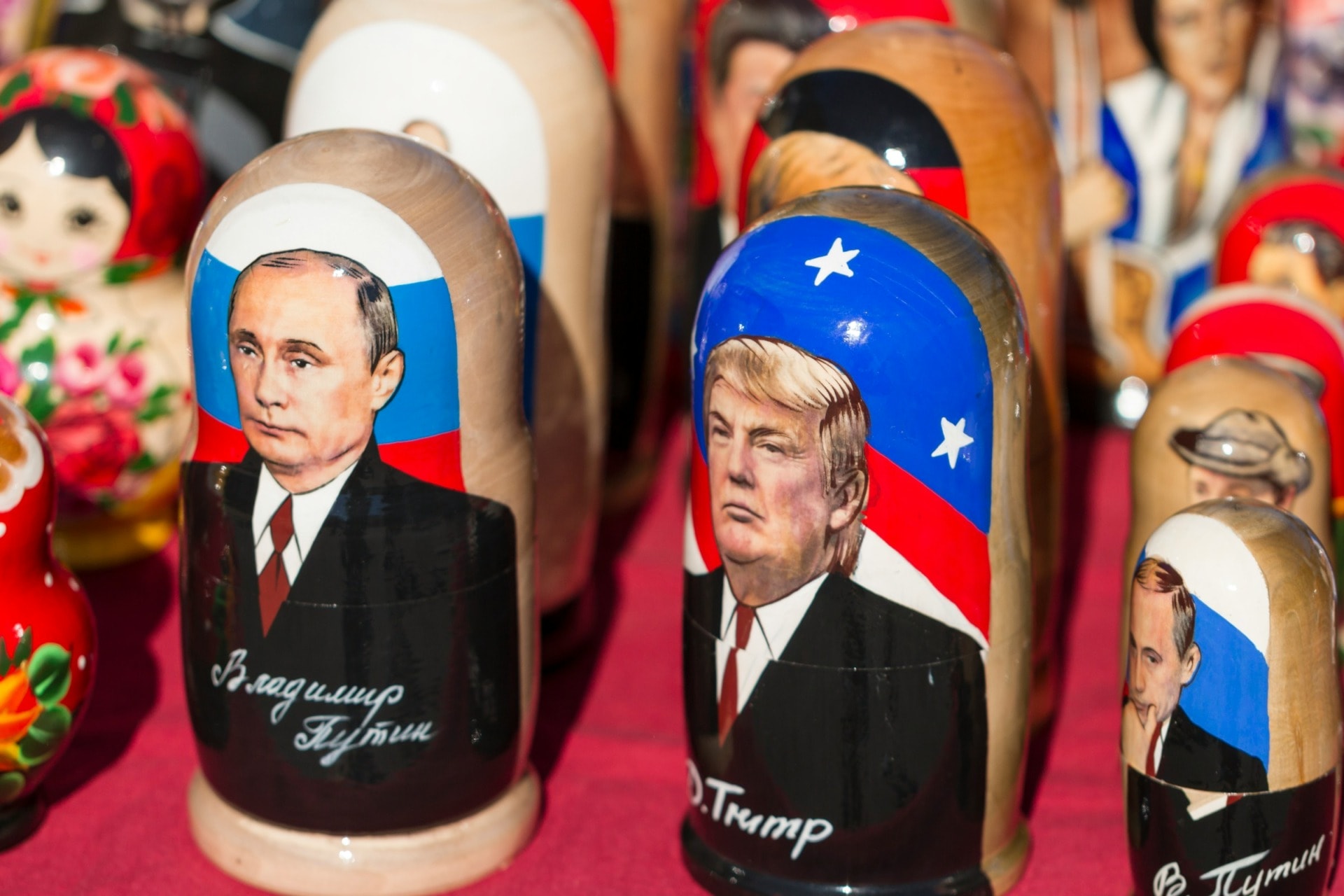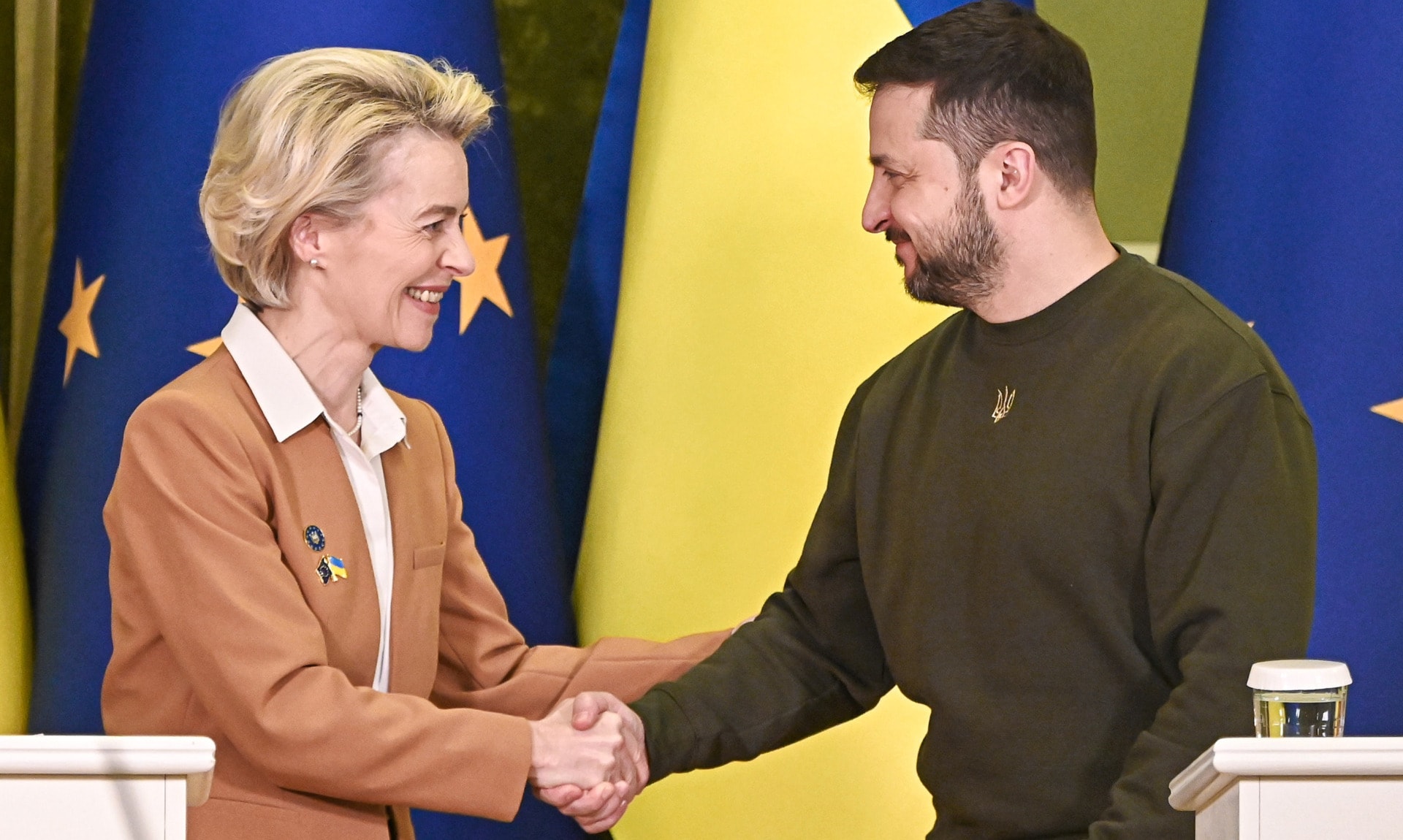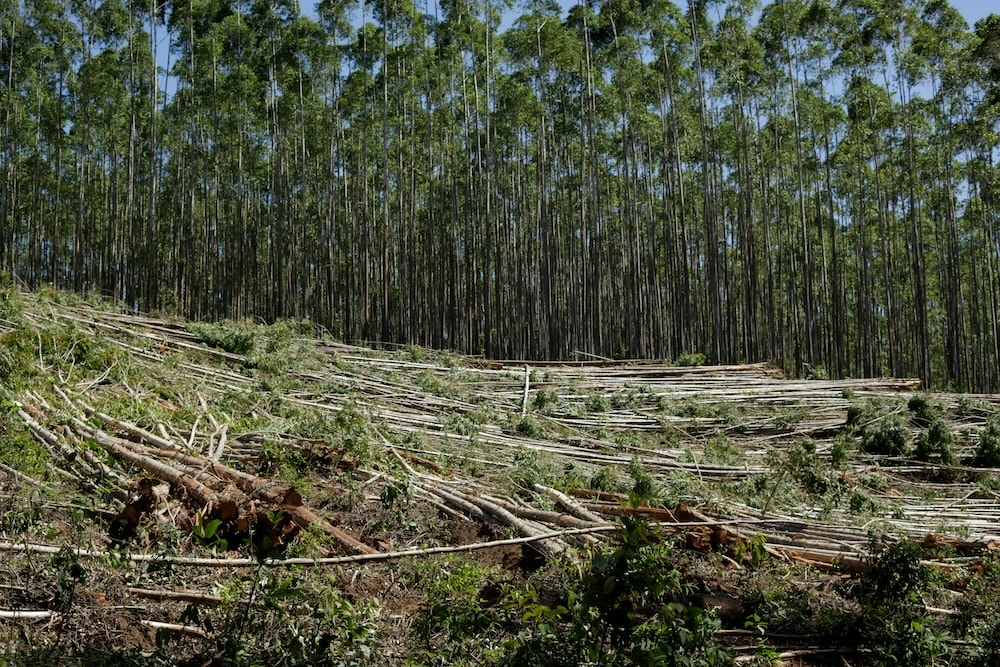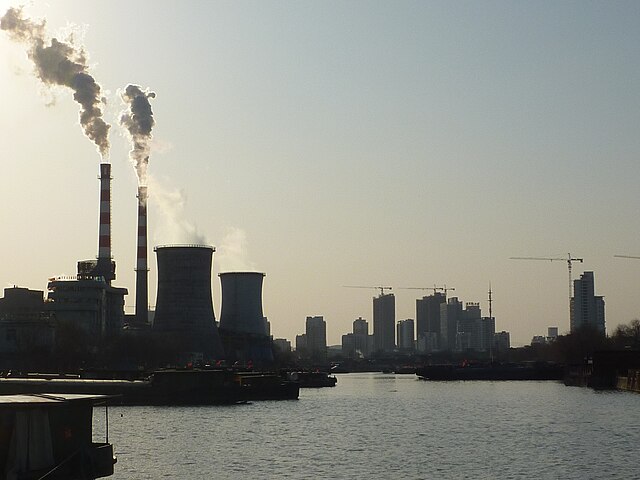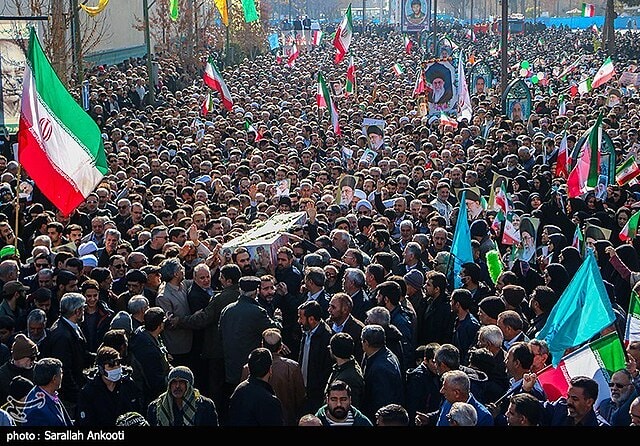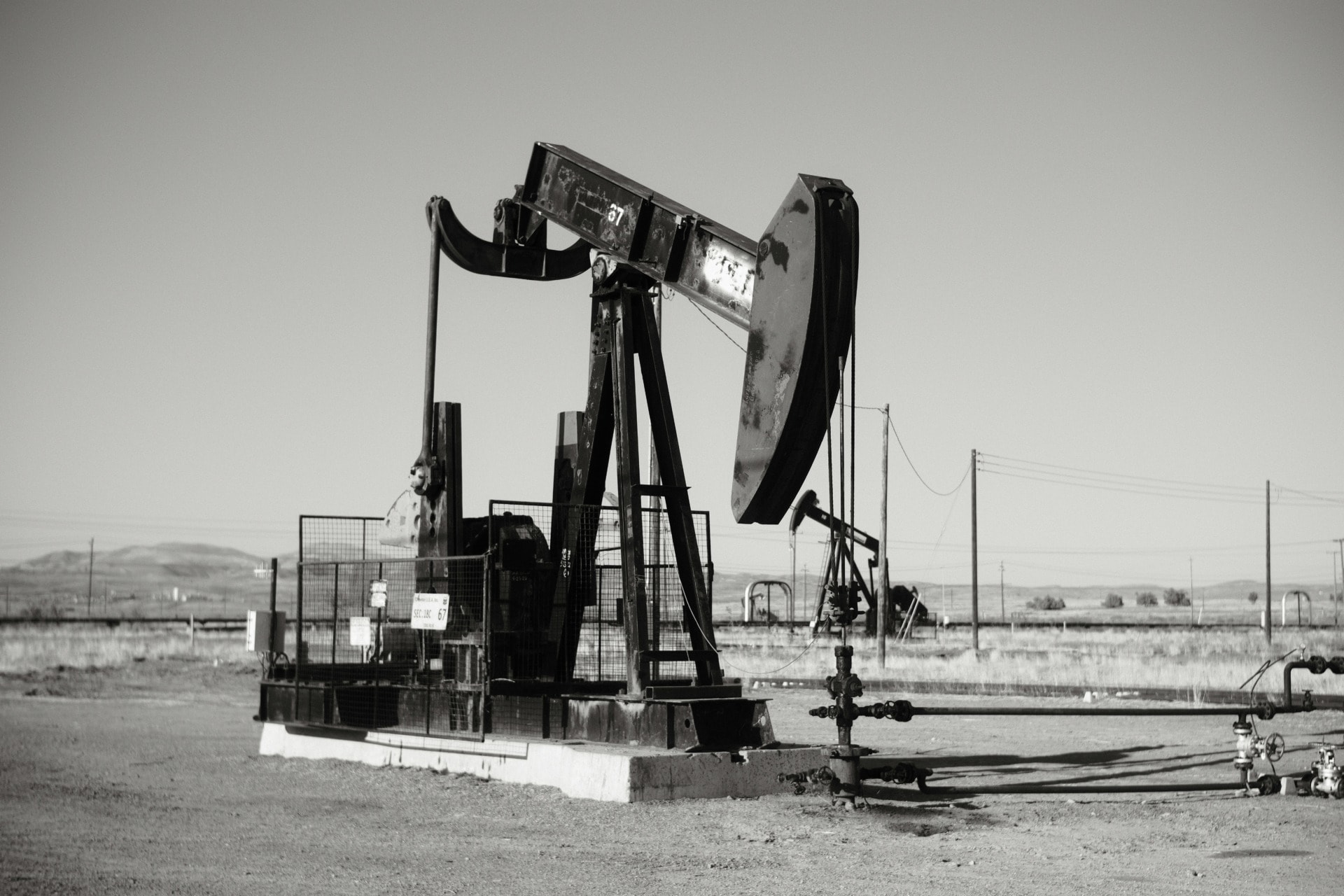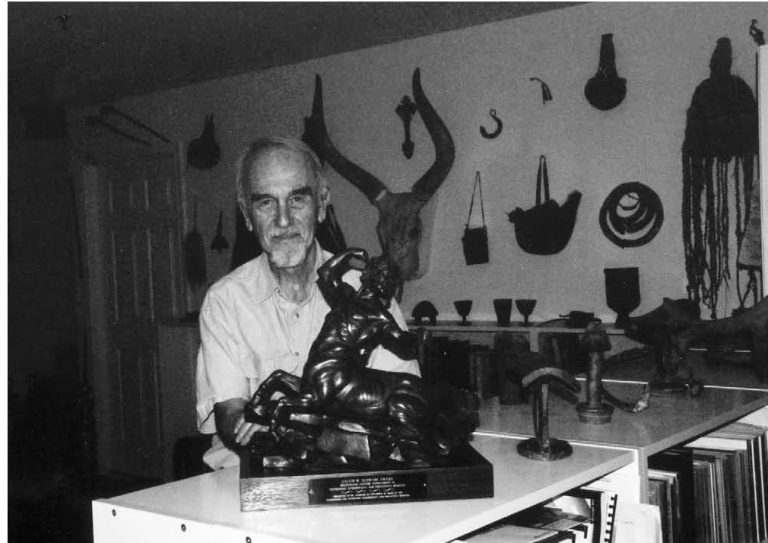On Wednesday, the UN International Court of Justice (ICJ) in The Hague ordered Russia to end its invasion into Ukraine after the court ruled Kremlin’s grounds for the invasion were false — that Ukraine was not committing genocide attacks against Russian-speakers in the country. The ICJ called for a provisional order that “the Russian Federation shall immediately suspend military operations that it commenced on 24 February 2022 in the territory of Ukraine.”
The court ruling ended in a 13 to 2 vote, the only two countries to oppose being Russia and China — a seemingly increasing ally.
Today, the UN International Court of Justice in the Hague ordered #Russia to suspend its military operations in #Ukraine. This provisional measure is legally binding.
Putin must respect this ruling and immediately end his war against Ukraine. https://t.co/s1Yw5tELYt
— Wopke Hoekstra (@WBHoekstra) March 16, 2022
The decision to examine Russia’s justification for war and order them to halt troops was in response to a Ukrainian appeal to the court on February 26. In the appeal, Ukraine asked for an urgent response to Russia’s claims that Ukraine was committing genocide in eastern parts of the country Luhansk and Donetsk, as grounds for attack.
During the court hearing, court president and presiding US judge Joan Donoghue stated the court “is not in possession of evidence substantiating” Russian genocide in Ukrainian territory. She also mentioned it was “unlikely” the Genocide Convention would give any authorization to the “unilateral use of force in the territory of another state.”
Following this statement, Donoghue defended the rights of Ukrainian citizens, noting, “the court considers that Ukraine has a plausible right not to be subjected to military operations by the Russian Federation.”
Russia was not in attendance during the procedure nor the initial hearing prior to Wednesday, but rather sent a letter to the court arguing the ICJ had no jurisdiction to rule on such matters as Russia had formally stated its reason for invasion to the UN secretary-general on grounds of self-defense, not genocide.
In opposition, Ukraine argued the court did have proper jurisdiction to make a decision as Russia and Ukraine both signed the 1948 treaty on the prevention of genocide.
After the ruling, Ukrainian President Volodymyr Zelenskyy tweeted that the order “constituted a complete victory in its case against Russia” and that Russia should “comply immediately” to avoid further isolation.
Ukraine gained a complete victory in its case against Russia at the International Court of Justice. The ICJ ordered to immediately stop the invasion. The order is binding under international law. Russia must comply immediately. Ignoring the order will isolate Russia even further
— Volodymyr Zelenskyy / Володимир Зеленський (@ZelenskyyUa) March 16, 2022
Despite the fact that the order is binding under international law, the ICJ doesn’t have a feasible way to actually make Moscow comply and Moscow seems to have no intentions in doing so.
Further sanctions could only be imposed by the U.N. Security Council — where Russia is a permanent member and has veto power – a seat it has “inherited” from the Soviet Union (a legacy that is currently contested by the Ukraine Ambassador to the UN and by several experts, including former American Ambassador to Moscow Michael McFaul).
Although the court’s mission is to settle disputes between nations, they do not have the authority to charge presidents or military leaders with war crimes.
The ruling could be effective on one basis: debunking rumors of Russian genocide in Ukraine.
Last week, representatives of Ukraine contended that Russia’s justification to achieve the “denazification” of Ukraine was only a ploy for an illegal invasion — the court seemed to agree.
Resigning prior to the proceeding, one of Russia’s lawyers, Alain Pellet, wrote in an open letter expressing his discontent for the ruling and his reason for resignation saying, “(it) has become impossible to represent in forums dedicated to the application of the law to a country that so cynically despises it.”
The ruling — and Russia’s lack of appearance — stand as a sign for Russia’s disregard of international laws and essentially human rights as they — most likely — will find other measures and justifications for their invasion into Ukraine. So far, several hefty economic sanctions have been placed on Russia, Europe expressed its intentions to cut ties with Russian gas and as of Tuesday, Russia left the Council of Europe — what will be next? Should this trend continue, Russia will likely face heavy repercussions down the line.
Editor’s Note: The opinions expressed here by Impakter.com columnists are their own, not those of Impakter.com — In the Featured Photo: Independence Square in Kyiv on February 20, 2014. Source: Микола Василечко, Wikimedia.




